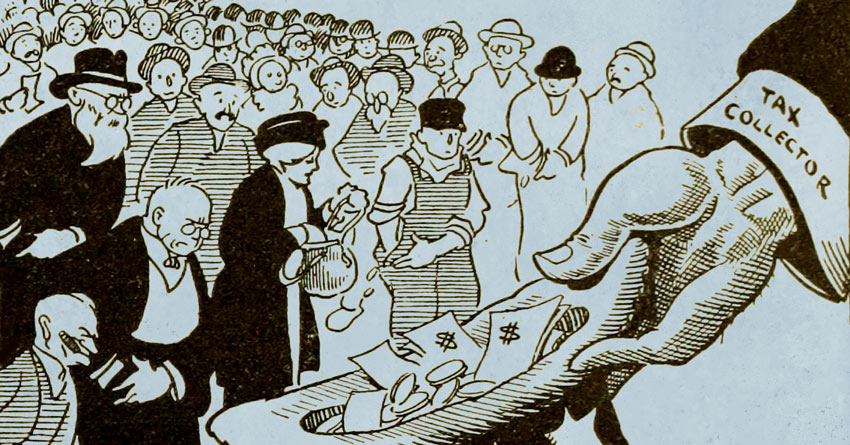“Don’t look to the United States for hope. Our values make us sympathetic to your plight, and, when it’s convenient, we might officially express that sympathy. But we make policy to serve our interests, which are not related to our values. So, if you happen to be in the way of our forging relationships with your oppressors that could serve our security and economic interests … You’re on your own.”
That’s Senator John McCain’s New York Times op-ed mockery of Secretary of State Rex Tillerson, who recently told State Department employees that conditioning our foreign policy “on someone adopting our values … creates obstacles to our ability to advance our national security interests, our economic interests.”
In his op-ed, entitled “Why We Must Support Human Rights,” McCain recounted the hope it gave him to know America would not abandon him as a prisoner of war during Vietnam. But, of course, Tillerson wasn’t suggesting the U.S. abandon POWs.
McCain highlighted dissidents throughout the world, urging the U.S. to speak out for them, to provide “hope … a powerful defense against oppression.”
No fan of President Trump*, the senator is playing up the praise Trump has awkwardly offered despots, including Russia’s Vladimir Putin, the Chinese leaders behind the Tiananmen Square massacre and recently North Korea’s Kim Jong-un. Still, recent successes in freeing Americans and others from the grasp of tyrants in Egypt, Iran and China suggest some degree of caring by Tillerson, Trump and Co.
The inconvenient truth? American foreign policy has long pursued certain political and economic interests at the expense of extolling human rights. As Glenn Greenwald wrote in The Intercept: “The list of U.S.-supported tyrants is too long to count.…”
Hypocrisy alone won’t change that.
This is Common Sense. I’m Paul Jacob.
* Very early in the presidential campaign, Trump needled the senator and reacted to McCain being called a war hero, by echoing a four-lettered Chris Rock routine: “He’s not a war hero. He was a war hero because he was captured. I like people who weren’t captured, okay. I hate to tell you.”
In 1967, McCain was shot down over Hanoi, North Vietnam, on his 23rd bombing mission of the war. He broke both arms and one leg and nearly drowned after parachuting into a lake. Denied medical treatment by the North Vietnamese, McCain spent the next five and a half years as a POW, some of it at the infamous “Hanoi Hilton” prison, where he was tortured.









